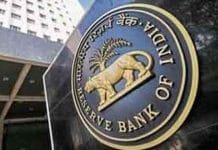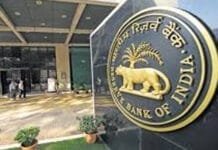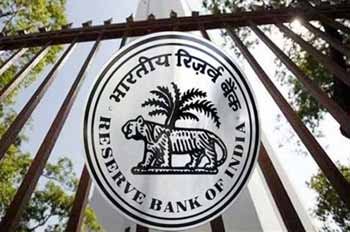INVC News | New Delhi — In a major relief to lakhs of retired government employees, the Reserve Bank of India (RBI) has issued a strict directive making it mandatory for banks to pay 8% annual interest in case of delays in pension or arrears disbursement.
The guideline, issued as part of RBI’s “Master Circular for Payment of Government Pension” on April 1, 2025, puts the onus squarely on pension-disbursing banks to ensure timely credit to pensioners. Failure to comply will now attract penal interest, even without any formal claim from the pensioner.
Delayed Pension? Banks Will Pay Compensation Automatically
RBI observed frequent complaints regarding unnecessary delays in the release of revised pension amounts and arrears, especially after Dearness Relief (DR) hikes. Addressing these, the central bank has directed that any delay in pension payments since October 1, 2008, will be compensated at 8% per annum, directly credited into the pensioner’s account.
What’s more, pensioners need not file any application or grievance—the interest amount must be paid by the bank automatically on the same day the delayed amount is credited.
“This move is aimed at enhancing transparency and ensuring accountability within the pension payment ecosystem,” the RBI circular stated.
✅ Also Read on INVC:
RBI’s Additional Guidelines: What Banks Must Now Follow
Timely Payout: Pension must be paid as per the instructions from Pension Paying Authorities.
Overpayment Recovery: In case of excess pension credited by mistake, the bank must refund the amount immediately to the government without waiting for recovery from the pensioner.
Dearness Relief Hikes: Swift Disbursal Mandatory
RBI has further directed that banks must act immediately upon government notifications regarding Dearness Relief increases. Whether the communication is sent via post, email, fax, or uploaded online, banks must ensure branches disburse the increased amount without delay.
Why This Matters
India is home to over 69 lakh pensioners, many of whom depend solely on timely pension payouts for daily sustenance. With this directive, RBI has not only increased pressure on banks but has also created a framework for automated compensation, reducing bureaucratic red tape.











